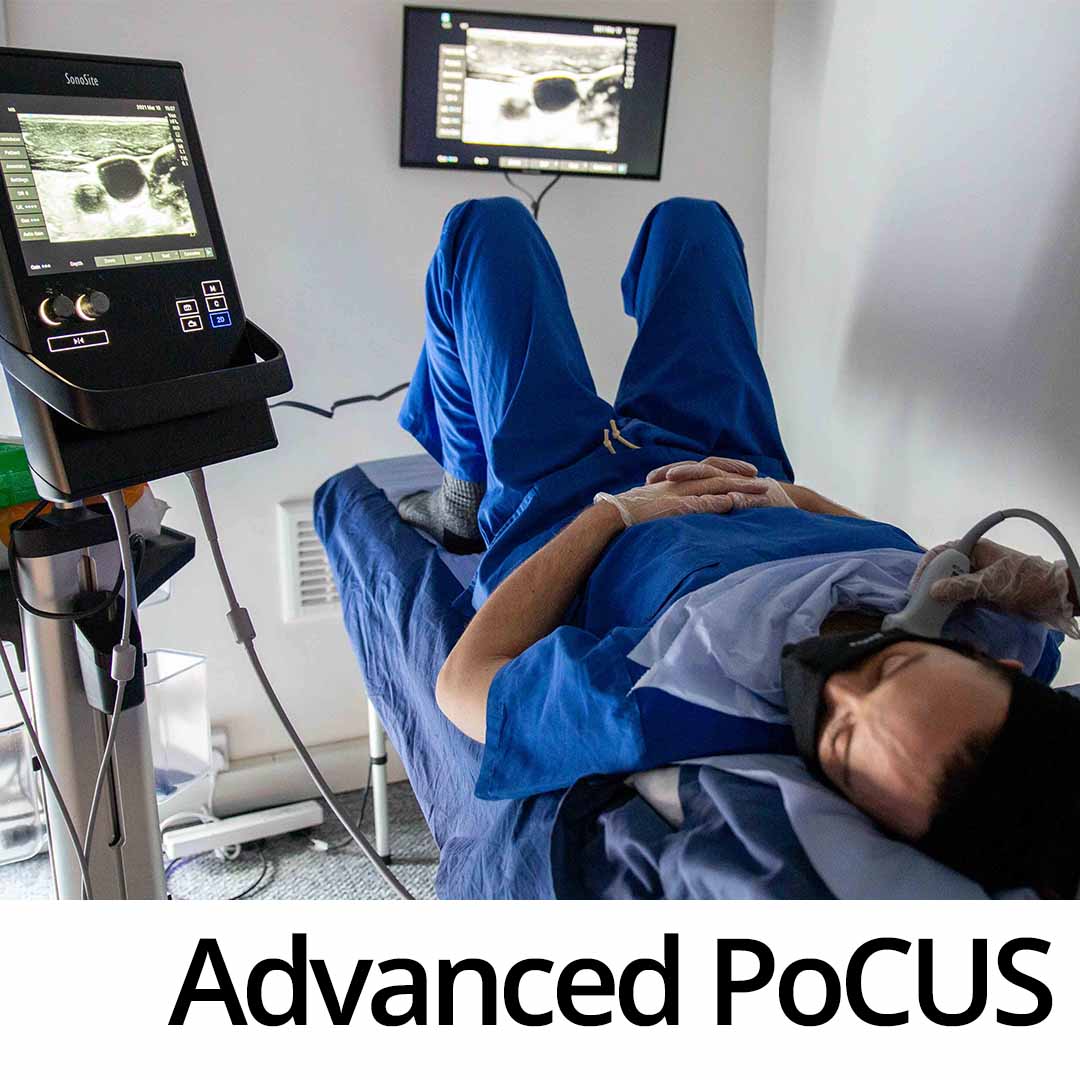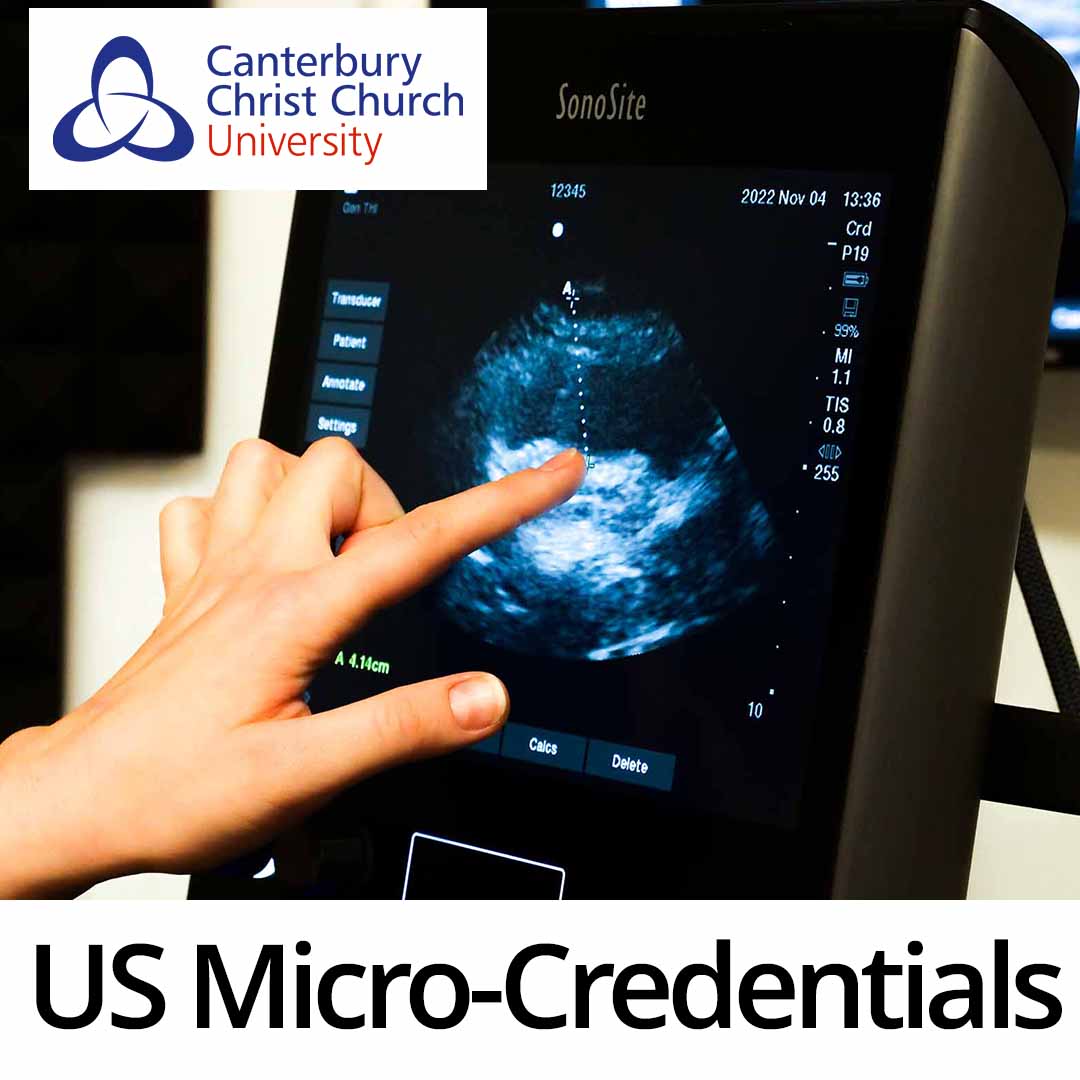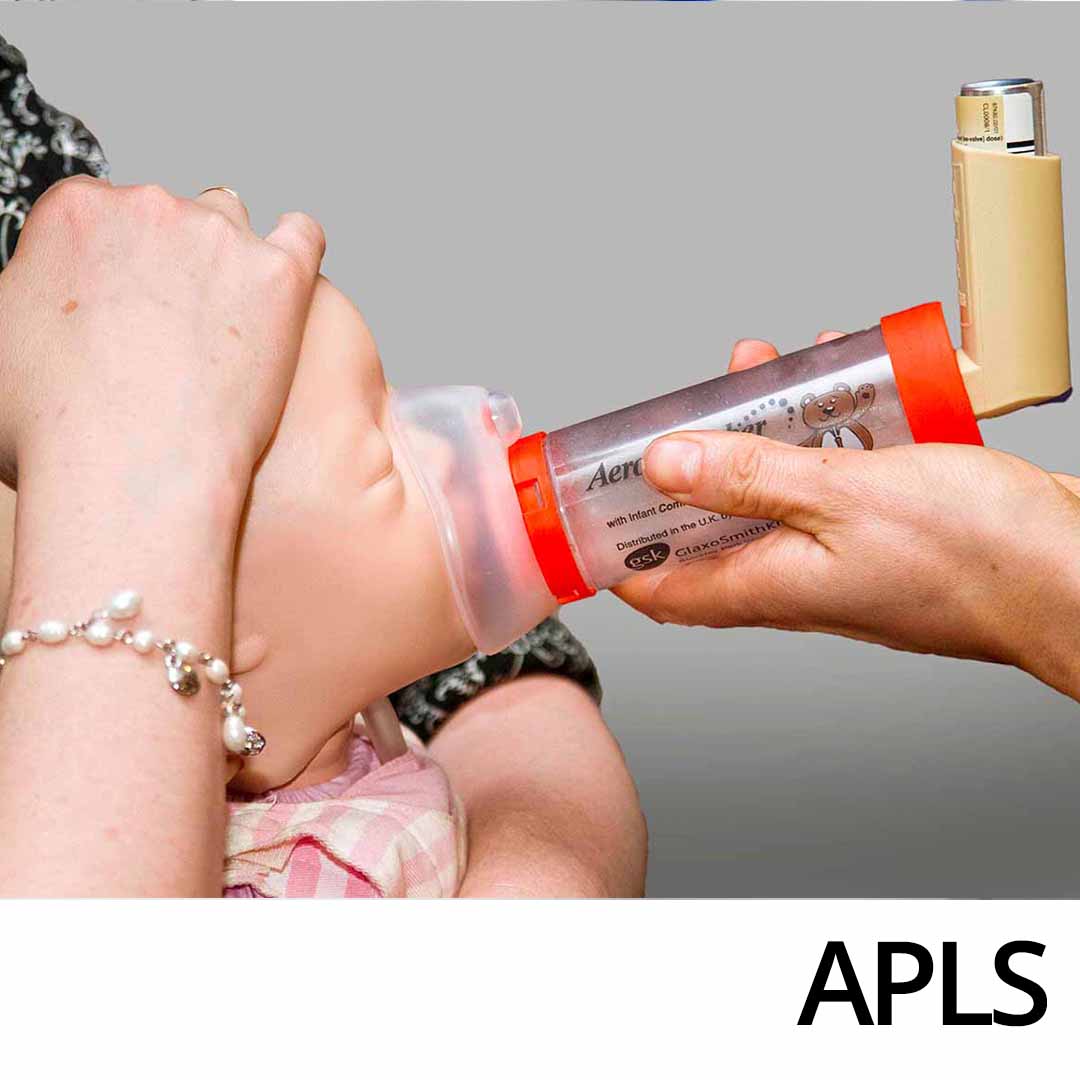FRCEM Final OSCE Exam Preparation Courses & Resources
We offer both an in-person and an online interactive course for the FRCEM Final OSCE examination. These are designed to give you the opportunity to practice taking OSCE stations under exam-like conditions.
We also have a number of pre-recorded model OSCE videos that will help you to prepare for any type of station in the exam.
2-Day In-Person FRCEM OSCE Course
£745
This course is designed to mimic the real OSCE exam and give candidates the opportunity to apply their clinical knowledge and skills in exam-like scenarios. The objective is to give you the practice that you will need to prepare for the real exam so that you can feel confident in your skills and your ability to pass the exam.
The course runs over two days and consists of around 40 different OSCE stations, which have been written to follow the updated 2021 RCEM curriculum. You will participate in all stations, sometimes taking the lead, and other times observing and learning from others who take the lead. In each station where you take the lead you will have 1 minute to read the scenario and then 8 minutes to complete the station.
You will then have an opportunity to discuss how you did with our faculty and actors, so you can learn about your strengths and weakness in each station. This format is the closest to the real exam conditions.
We also have a particular focus on the literature review (Critical Literature Appraisal) part of the exam. Each candidate has a one-to-one eight-minute discussion of the paper with a faculty member. We then discuss the paper collectively as a candidate and faculty group and consider a wide range of likely questions which could be asked.
Next Course Dates:
15th – 16th October 2024
17th – 18th October 2024
22nd – 23rd October 2024
Course Times: 9.00am – 5.30pm
Venue: Terracotta Court (ground floor), 167 Tower Bridge Road, London, SE1 3LN
If you can’t attend any of our advertised dates, please register your interest here for possible further dates
1-Day Online FRCEM OSCE Course
£345
On our interactive online FRCEM Final OSCE course you will practice completing OSCE stations in real-time and under exam-like conditions. You will be given 1 minute to read a scenario and then you will have 8 minutes to complete the station. You will also be given a chance to discuss your performance with our faculty and actors to see how well you did in each station.
As you will be doing this online, the focus will be more on those types of stations that you can practice online, such as communication, teaching and management skills, but will still follow the format of the actual exam.
The course will include OSCE stations drawn from SLO1 (Complex Stable Patient), SLO7 (Complex or Challenging Situations), SLO9 (Teaching), SLO12 (Manage and lead), and others. Similar to our in-person courses, the online courses place special emphasis on the literature review section of the exam (Critical Literature Appraisal). Each candidate participates in an eight-minute, one-on-one discussion of the paper with a faculty member, followed by a group discussion with both candidates and faculty.
The course will be held over Zoom and is a perfect option for those unable to travel but would like to practice completing OSCE stations similar to the exam.
The number of places is limited.
Next Course Date: 8th October 2024
Time: 09:00 – 17:00
Location: Online via Zoom
FRCEM Final OSCE Videos
£24.95 p/m
Our FRCEM Final OSCE video package includes pre-recorded OSCE stations that you can watch at any time. There is no participation here and the videos are designed to demonstrate how to approach any station you might encounter in the real exam.
These are great as preparation for the in-person or online course, or as a refresher before taking your exam.
If you book our in-person or online course, you will get access to these videos for free.
Terms: Automatically renews every month. Can be cancelled at any time.
19 years of experience in teaching RCEM courses
17 000 clinicians have taken our courses
4.9 out of 5 is our average Google review score






